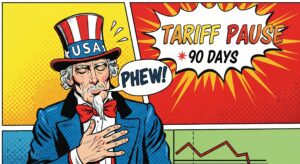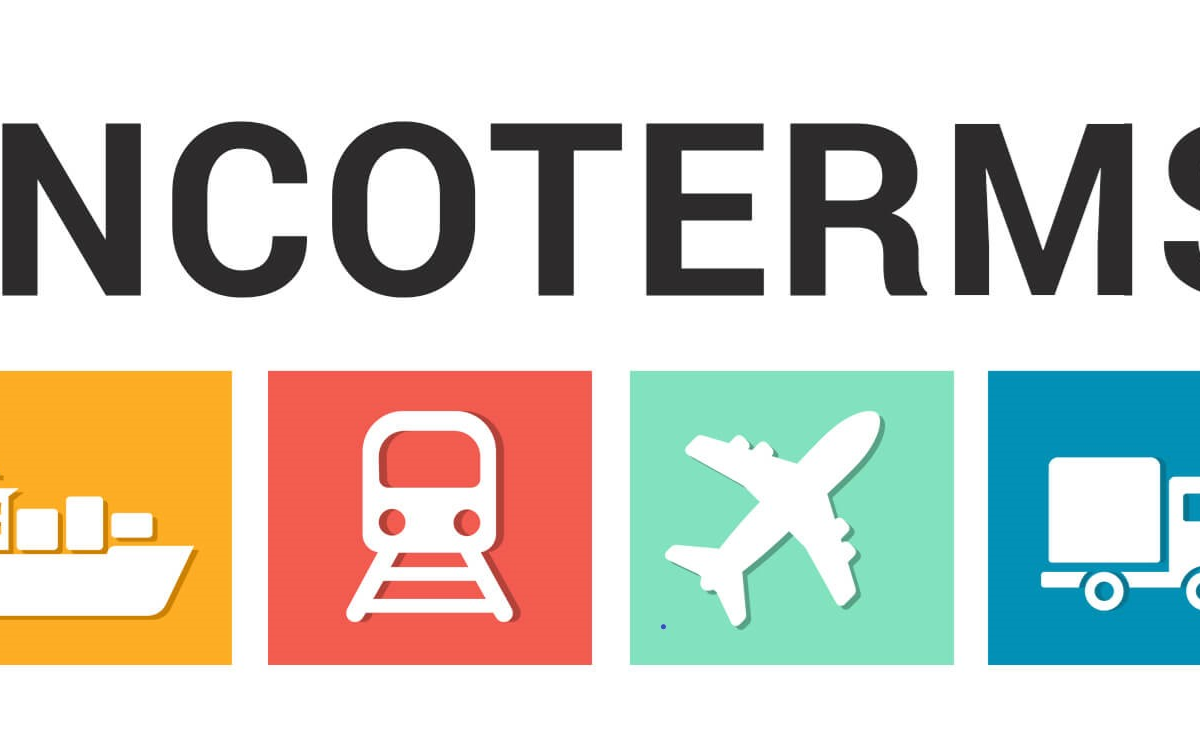
The U.S.-China trade war has been a constant source of uncertainty for years. Consequently, the recent 90-day extension of a tariff pause on Chinese imports marks the latest chapter in this ongoing saga. This temporary decision serves as a lifeline for many businesses, helping them avoid immediate cost increases and maintain stability. It also signals that negotiations are at a critical point. So, what exactly happened and what does it mean for us?
A significant amount of focus is also on the Federal Reserve, its interest rates, and the possibility of cutting those rates. The Fed’s actions are closely tied to inflation, which is a major concern for the government. The delay in imposing new tariffs on China plays a crucial role in this economic balancing act, as new tariffs could contribute to inflation, making it more difficult for the Fed to consider a rate cut. The central bank’s dual mandate is to keep inflation in check while also promoting maximum employment, and rising tariffs complicate this mission.
How We Got Here
The trade war originally kicked off in 2018. At that time, the U.S. began imposing tariffs on Chinese goods to counter what it called unfair trade practices and intellectual property theft. In retaliation, China implemented its own tariffs, and since then, a cycle of tit-for-tat has continued. As a result, this conflict has caused major disruptions to supply chains and driven up costs for businesses and consumers alike.
In an effort to de-escalate tensions and give negotiators breathing room, the U.S. put a temporary pause on some of these tariffs in mid-2024. This pause was particularly significant for sectors that rely heavily on parts and products from China, such as technology, autos, and retail.
Why the Extension?
As the initial pause neared its expiration, pressure mounted. A sudden return to tariffs would have been a disaster for many companies. This could have undermined the progress made in talks. Therefore, on August 1, 2025, the U.S. officially announced the extension of the pause for another 90 days. The reasons for this decision are clear:
- To Keep Talks Going: Since negotiations are at a crucial stage, this pause creates a stable environment, allowing a new framework to be finalized.
- To Give Businesses a Break: Companies, which were worried about the uncertainty, now have much-needed clarity for planning and investment, thereby preventing costly adjustments.
- To Help Consumers: Furthermore, with inflation still a concern, the government was hesitant to introduce new costs on everyday goods from China.
- To Maintain Global Stability: Additionally, other major economies were relieved by the news because it helps avoid a new round of global market volatility.
Who Benefits Most?
This 90-day extension is a huge win for several key players. For instance, U.S. tech and manufacturing companies that depend on Chinese components for products like smartphones and electronics. They can maintain predictable sourcing costs, which is a major boost to their bottom line.
Similarly, retailers, ranging from big-box stores to small online shops, are happy. The pause helps them plan for the holiday season without worrying about massive price increases.
The auto industry also benefits significantly. The sector, which imports numerous parts from China, can now maintain stable pricing for vehicles and avoid supply chain headaches.
Ultimately, the biggest winners are everyday Americans. This extension means we won’t see immediate price hikes on a wide range of products we buy every day.
Looking Ahead: What’s Next?
This extension, however, is not a permanent solution, and everyone knows it. The clock is now ticking for negotiators. As we look toward the end of this 90-day period, three main possibilities exist:
- A Full Deal: The most optimistic outcome is that a comprehensive, long-term agreement is reached that resolves the key issues.
- Another Extension: Alternatively, if progress is made but a deal isn’t finalized, we could see yet another extension, which would push the uncertainty further down the road.
- Tariffs Return: Conversely, if talks break down, the tariffs could be reimposed, likely escalating tensions and disrupting global markets once again.
In conclusion, the coming months will be critical. This extensions not meant to be a temporary fix. However, it’s an important one that gives everyone a chance to navigate a severe economic relationship in the world.



